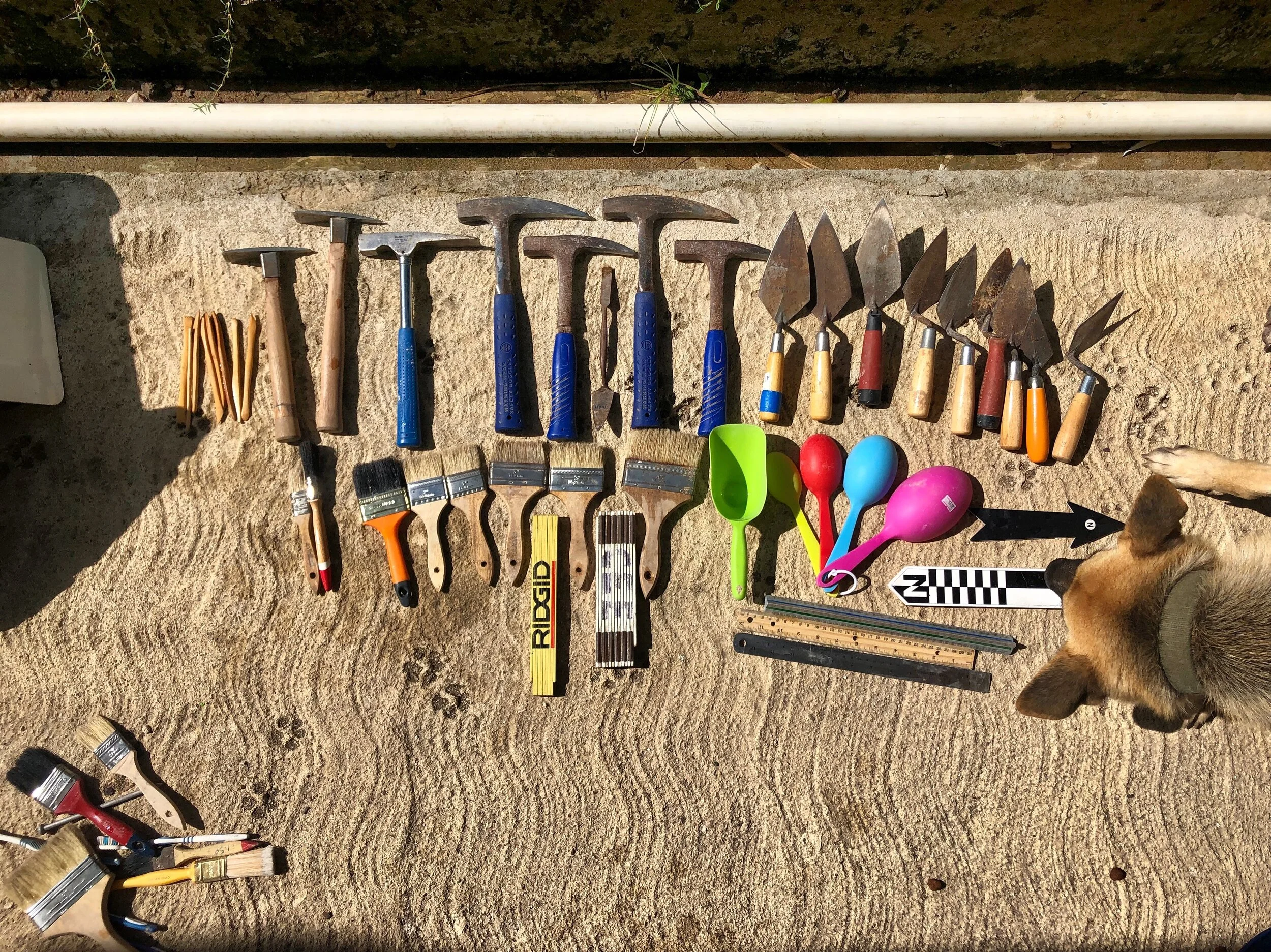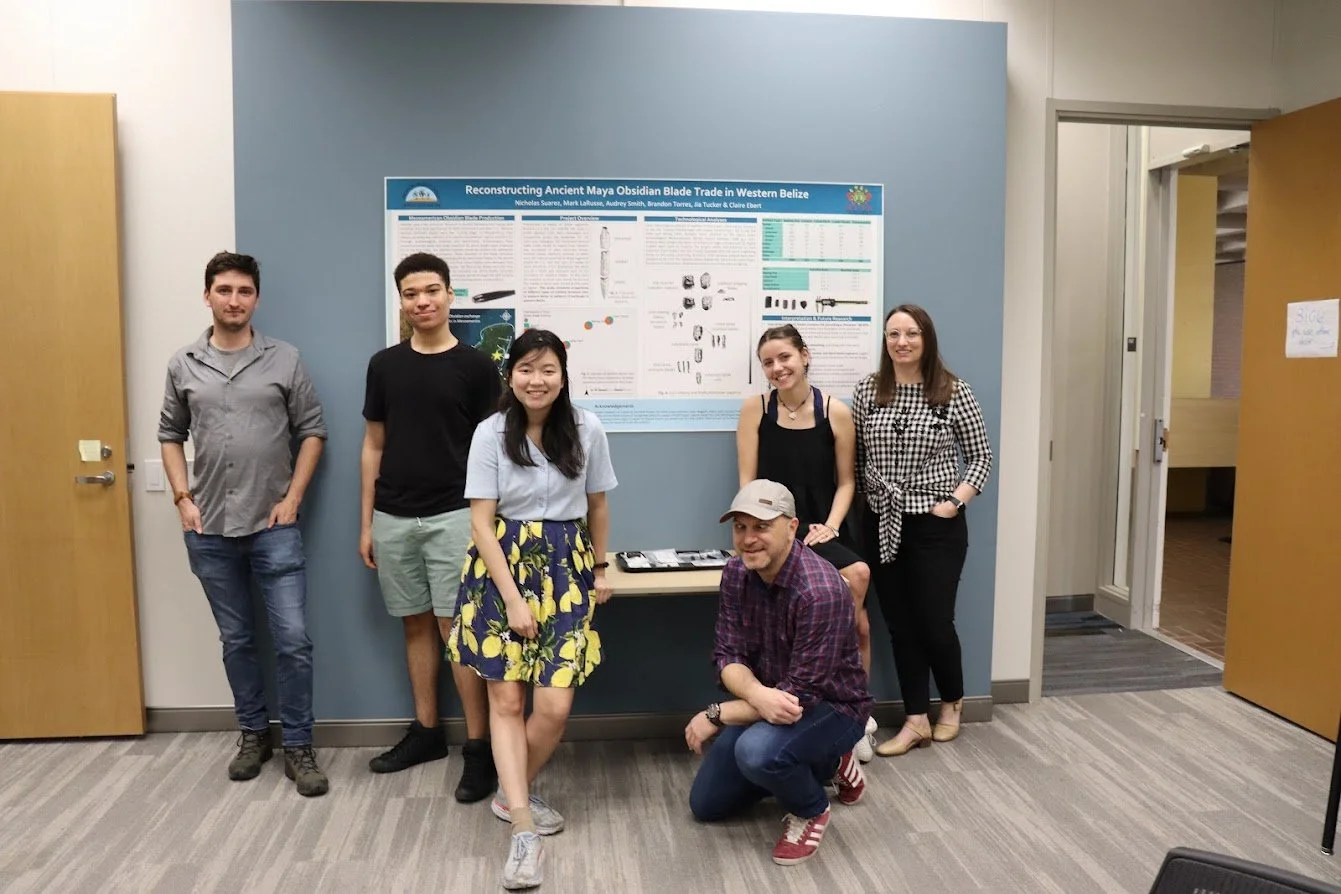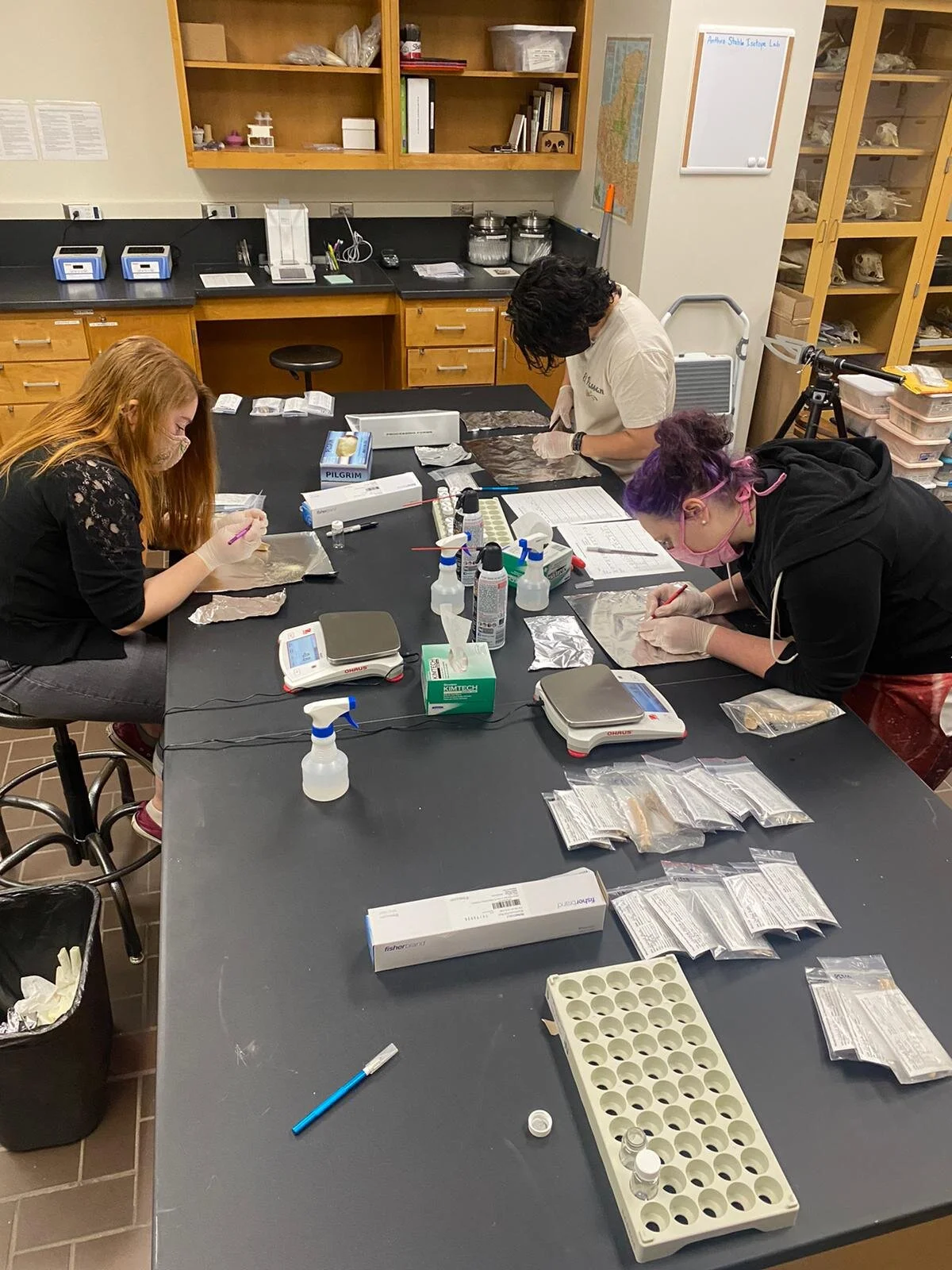
Join the Lab
Undergraduate Students
Dr. Ebert will be on research leave Fall 2024, and will not be accepting new lab volunteers at this time. Please check back in the Spring for opportunities!
If you are an undergraduate student seeking hands-on research experience in archaeology, our lab may be a great fit, especially if you are interested in environmental archaeology. Students must be able to commit to a minimum of 6-10 hours per week during the semester, for at least two semesters. We seek students who are highly responsible, reliable, motivated, and dedicated to conducting high-quality, collaborative work. Good attention to detail and the ability to carefully follow directions are also important. Finally, the capacity to work independently while knowing when to ask for assistance is crucial. Please contact Dr. Ebert via email c.ebert@pitt.edu to introduce yourself and to receive more information.
Graduate Students
I will not be accepting new graduate students for academic year 2025-2026.
Current PhD students working in the lab apply environmental archaeology, human ecology, and/or stable isotope analysis to research questions within Mesoamerican archaeology. Students are also welcome to design studies related to ongoing projects in the lab, focusing on questions about environmental change, diet, and commensal relationships between people, plants, and/or other animals in Mesoamerica or elsewhere in the ancient world.
If you are interested in working with the Tropical Paleoecology and Isotope Geochemistry lab, please contact Dr. Ebert via email c.ebert@pitt.edu to introduce yourself, before applying to the program.
Current projects with potential for graduate student research include:
Archaic period settlement and subsistence in western Belize (survey, excavation, lab analyses)
Lidar remote sensing analyses and survey of Maya polities in the upper Belize Valley
Household and monumental excavations at Maya polities in the upper Belize Valley
Stable isotope and ZooMS analyses of faunal remains
Database creation and meta-analyses of human, animal, and environmental isotopic data from Mesoamerica, the Caribbean, and Central America.
Please note that these are not the only opportunities for research in my lab, and that I encourage students to generate and pursue their own ideas for research.

